Dhaka, Nov 11 (V7N) — A portrait of Sheikh Mujibur Rahman, Bangladesh’s founding leader, has been removed from the Dorbar Hall of Bangabhaban, the presidential palace, according to an announcement by Mahfuz Alam, an advisor to the interim government. Alam, who also leads the student movement, shared the information in a Facebook post on Monday, stirring significant public and social media reaction.
In his post, Mahfuz Alam described the removal as an alignment with the “spirit of July” and expressed regret that the portrait had not been removed sooner, following political shifts on August 5. “It is a shame we could not remove his portrait from Bangabhaban after August 5,” he wrote, but assured that as long as the July movement’s spirit endures, Sheikh Mujib’s image would not be displayed within government spaces.
Alam also called for the Awami League to take responsibility and issue an apology for alleged actions taken during Sheikh Mujibur Rahman’s leadership and the administration led by his daughter, Sheikh Hasina, from 2009 to 2024. His comments referenced events from the undemocratic practices in the 1972 Constitution, the 1974 famine, and alleged extrajudicial activities during both eras. “Only then can we discuss Sheikh Mujib before 1971,” Alam asserted, stating that reconciliation would require both acknowledgment and accountability.
This announcement followed the recent appointment of Alam, alongside filmmaker Mustafa Sarwar Farooqui and Sheikh Bashiruddin, managing director of Akij-Bashir Group, to the advisory council of the interim government. Photos and videos from the oath-taking ceremony, in which Sheikh Mujibur Rahman’s portrait was visible, had sparked online criticism.
Alam’s response to comments under his post addressed these criticisms. When one commenter questioned the necessity of removing Mujib’s image if Mujib supporters remain in advisory roles, Alam replied, “I am freed from my guilt.” He further shared a new photograph of the Dorbar Hall’s wall, now displaying portraits of Maulana Abdul Hamid Khan Bhasani, Sher-e-Bangla AK Fazlul Haque, and Hossain Shaheed Suhrawardy, leaders associated with democratic values in Bangladesh’s history.
Alam captioned the photo, “With true and democratic ancestors,” underscoring his alignment with leaders regarded as foundational to Bangladesh’s democratic principles. The changes within Bangabhaban, a historically significant building, have become a point of national discussion, highlighting the evolving political landscape and ongoing debates over legacy and governance in Bangladesh.
END/MSS/AJ



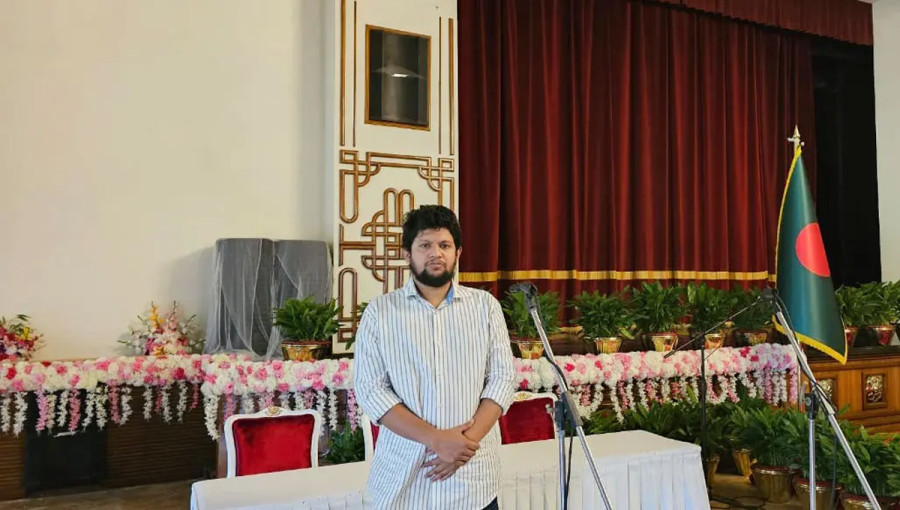
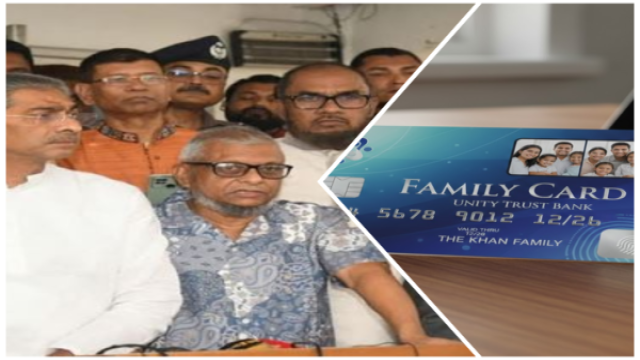
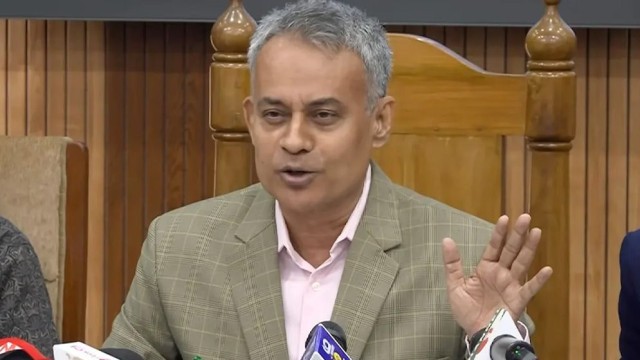
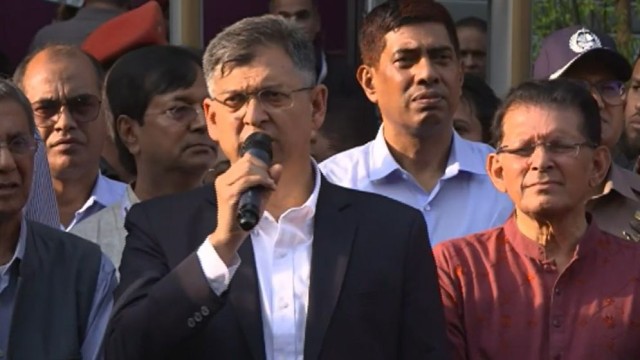
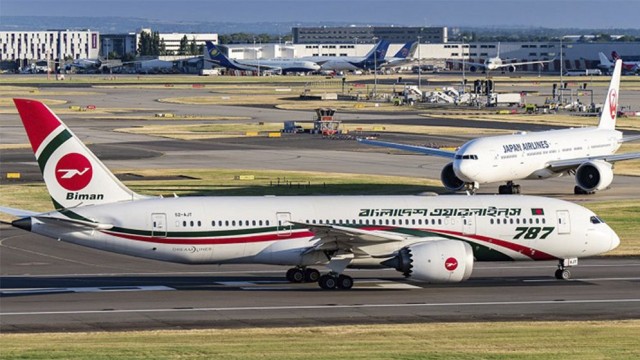
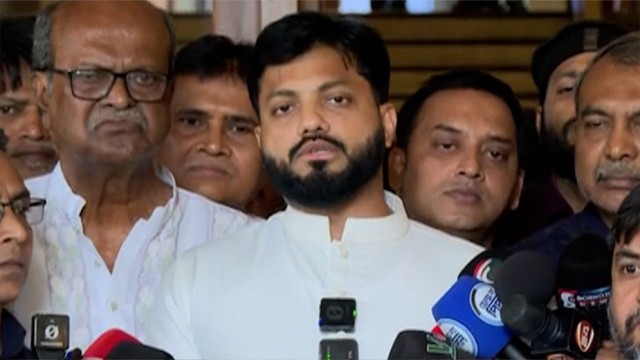


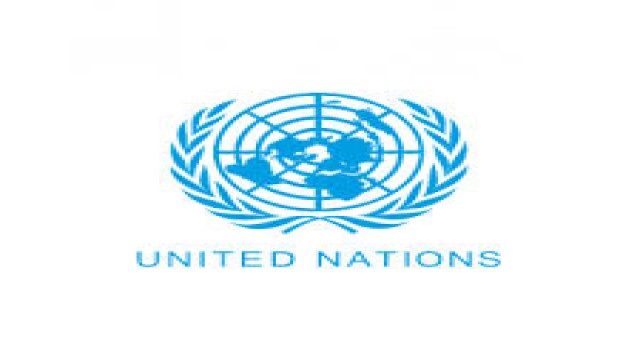
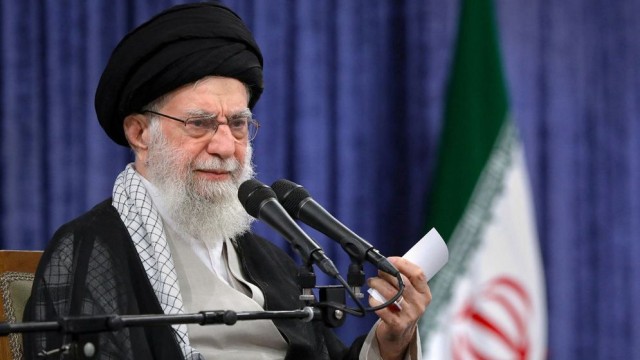
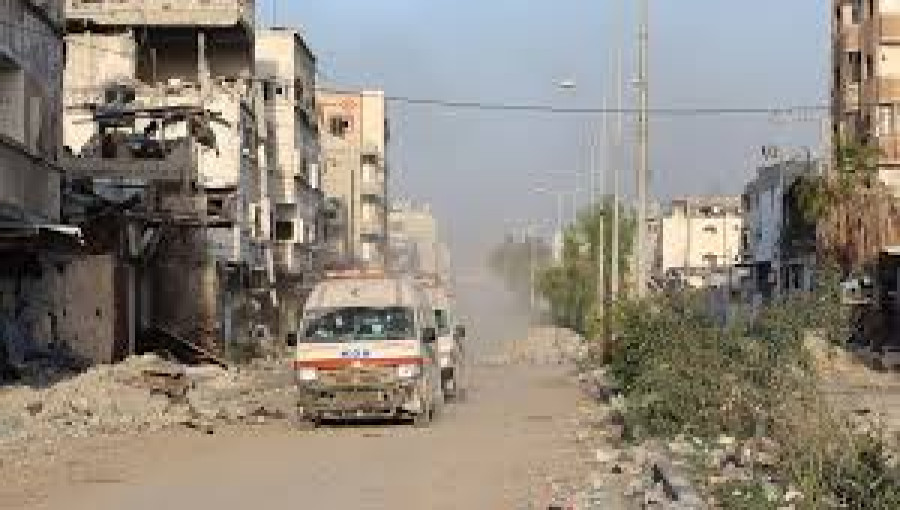
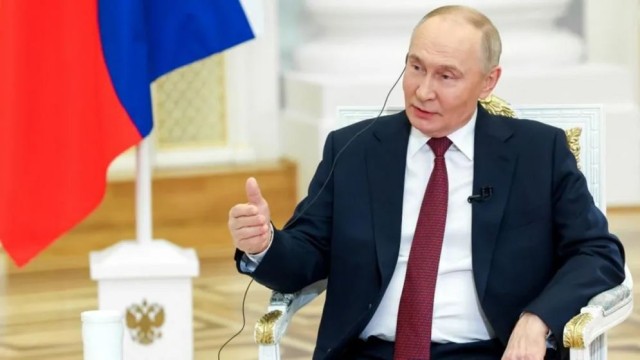
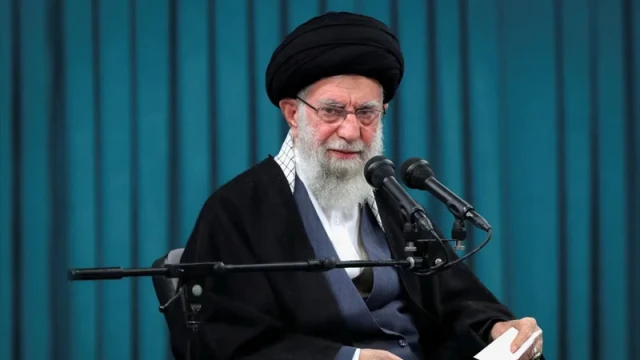
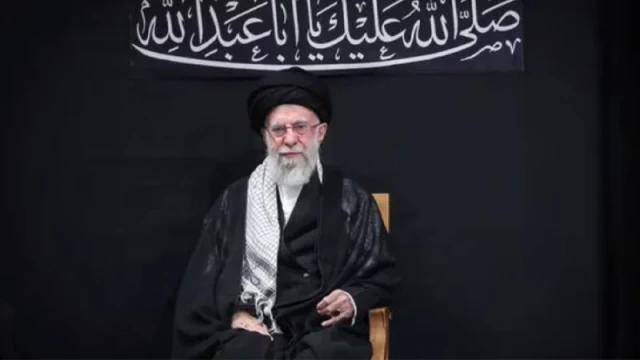
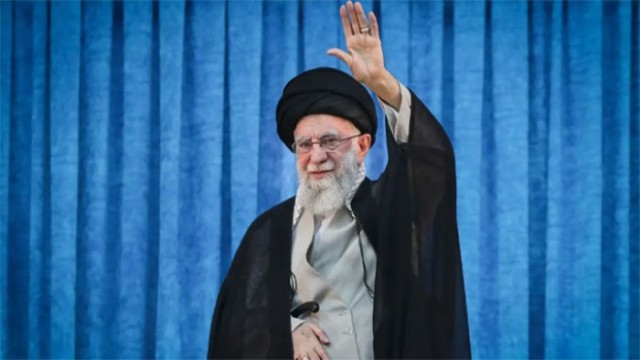
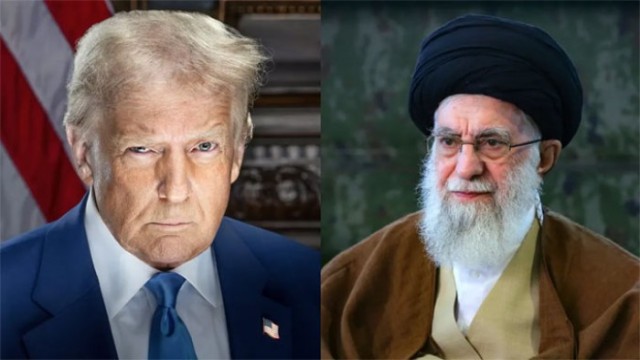
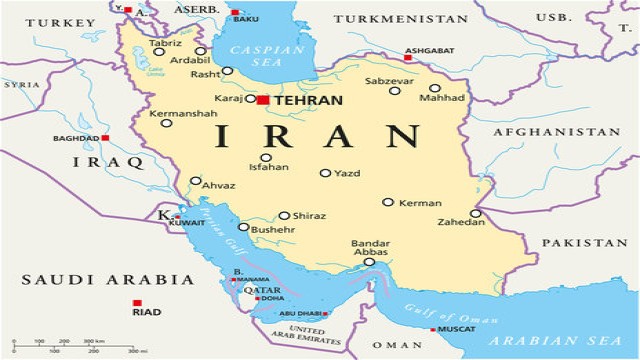


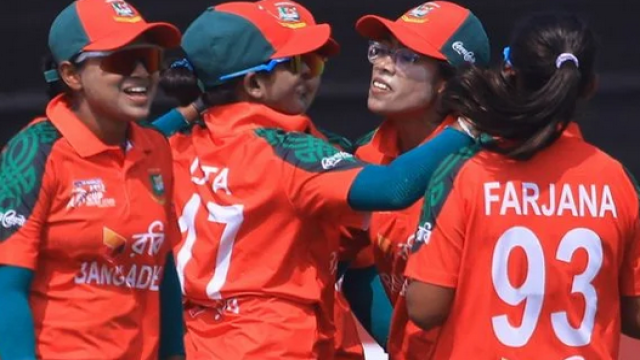



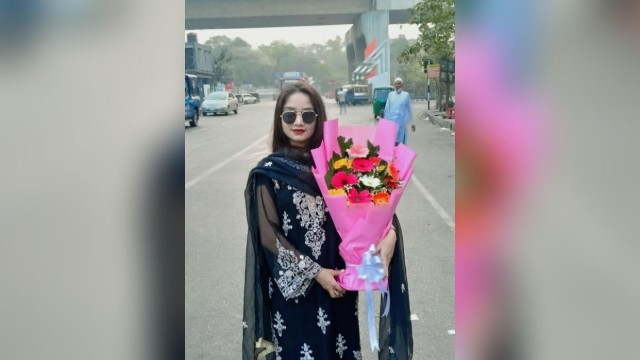



Comment: